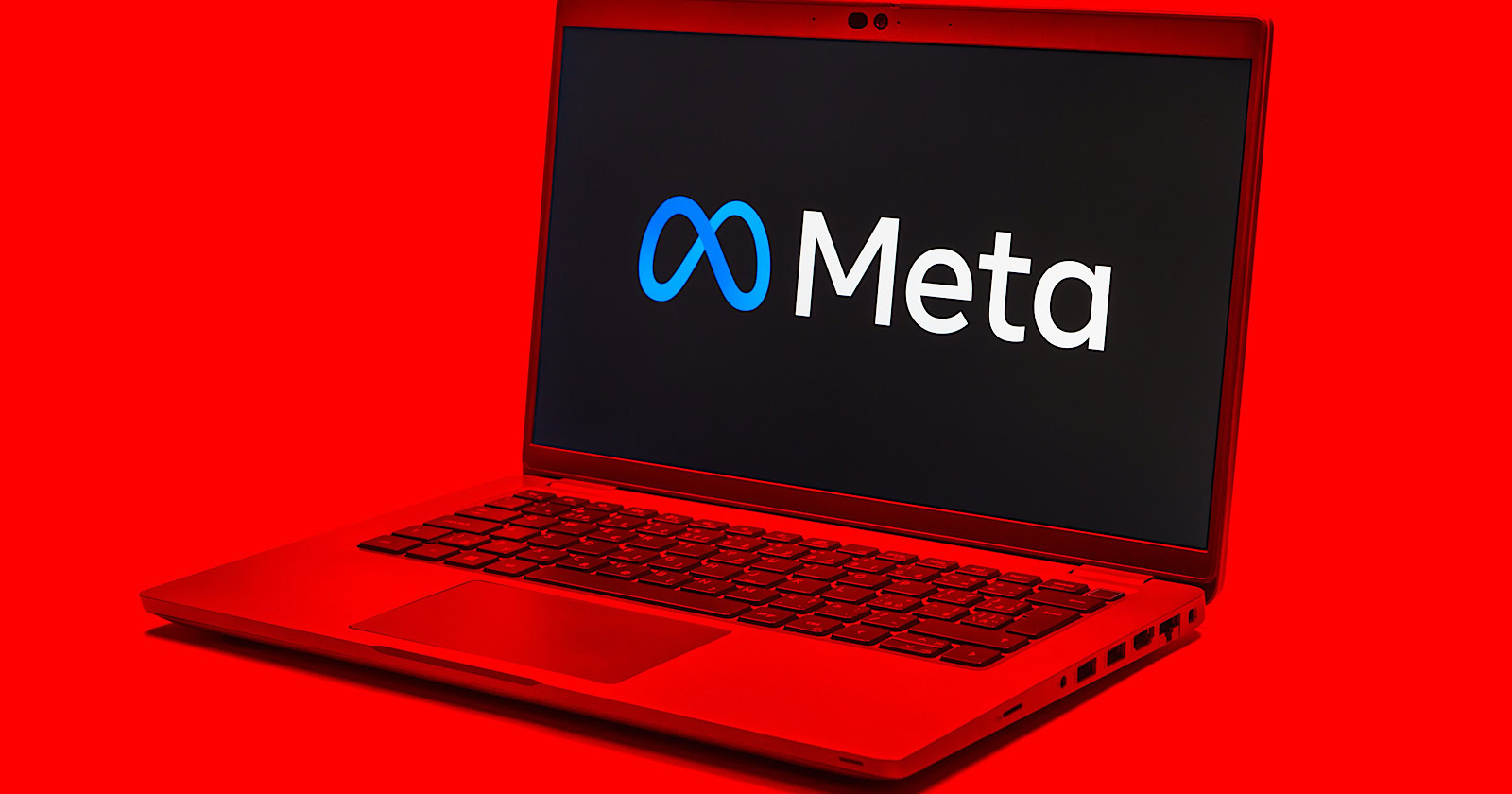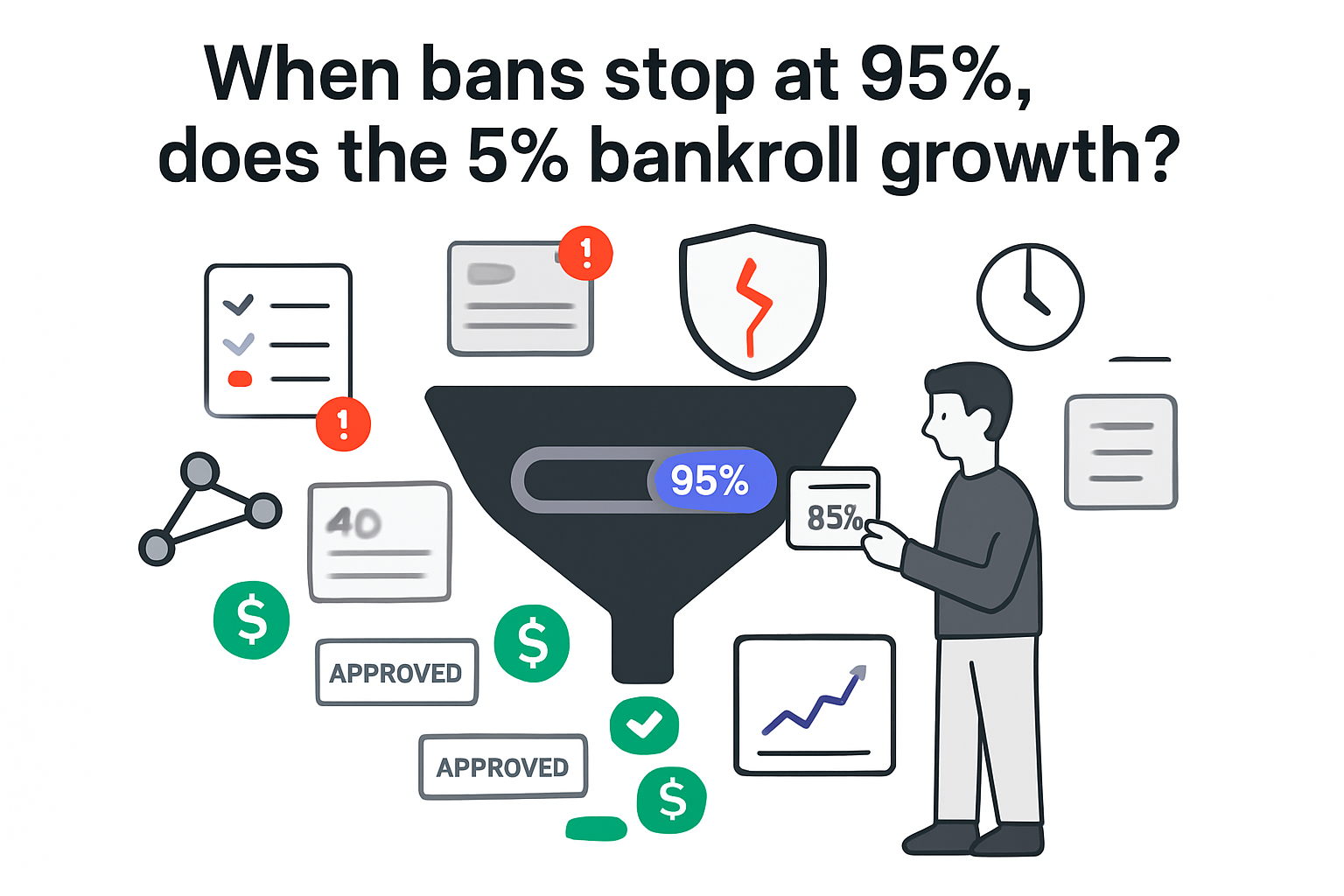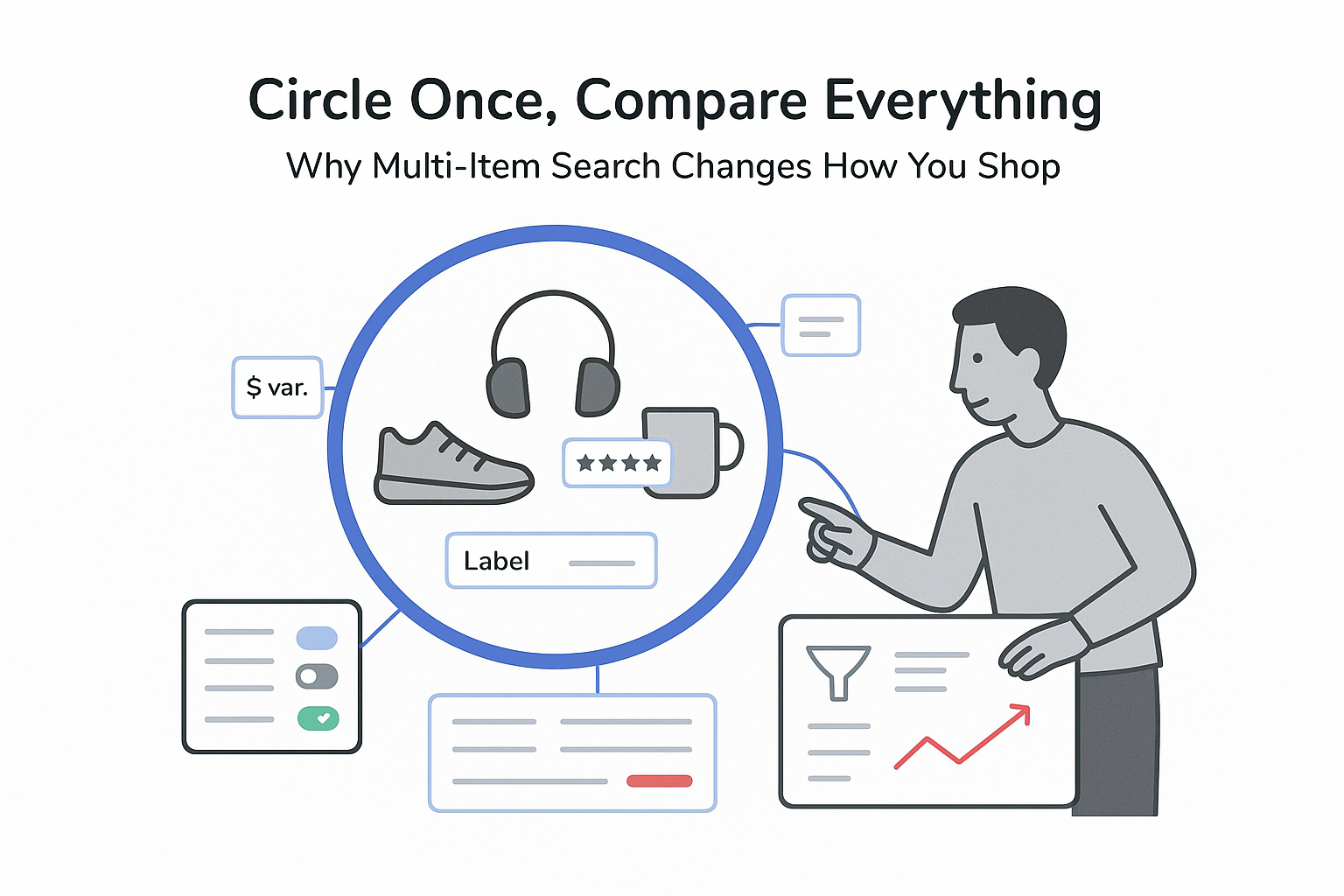Internal Meta documents projected roughly $16 billion in 2024 ad revenue from scam and banned-goods ads, according to a Reuters investigation published November 6, 2025. The materials describe enforcement thresholds and auction penalties across Facebook, Instagram, and WhatsApp. Meta disputes the estimates and points to recent anti-scam actions.

Key details
- Internal projections put scam and banned-goods ads at about 10% of 2024 ad revenue, or roughly $16 billion, Reuters reported.
- The documents estimated 15 billion "higher-risk" scam ads display daily across Facebook, Instagram, and WhatsApp.
- A late 2024 document estimated about $7 billion annually from "higher-risk" scam ads.
- Meta applies a "penalty bid" that raises auction prices for suspected scam advertisers below a 95% predicted fraud threshold.
- Advertisers at or above 95% predicted fraud likelihood are banned, the documents stated.
- An internal review concluded scams are easier to run on Meta than on Google, Reuters reported.
- Enforcement actions in the first half of the year were capped at 0.15% of total revenue, according to the documents.
- Small advertisers needed eight financial fraud flags before a ban. Some high-value accounts accrued over 500 strikes without removal.
- One internal presentation estimated Meta platforms were involved in one-third of successful U.S. scams.
- The documents said the SEC is investigating Meta over financial scam ads, Reuters reported.
- Meta spokesman Andy Stone said global user reports of scam ads fell 58% over 18 months and that the company removed more than 134 million pieces of scam ad content in 2025.
- Stone said penalty-bid tests reduced scam reports and slightly reduced total ad revenue.
- Strategy targets aimed to reduce the revenue share from these categories from 10.1% in 2024 to 7.3% by end-2025, 6% by end-2026, and 5.8% in 2027.
"Rough and overly-inclusive."
That is how Meta spokesman Andy Stone characterized the estimates, adding that many of the counted ads were legitimate.
Background
Meta’s advertising policies prohibit illegal products, deceptive practices, and misleading claims. The company outlines ad review and enforcement across its apps.
Meta has publicly detailed actions against organized scam operations. In a 2024 Newsroom update, it described takedowns targeting cross-border scam centers and related networks.
In the United Kingdom, the Payment Systems Regulator’s written evidence to Parliament cited Meta products in 54% of payment-related scam incidents in 2023.








.svg)